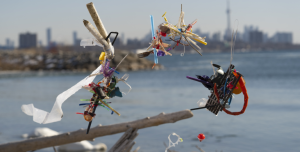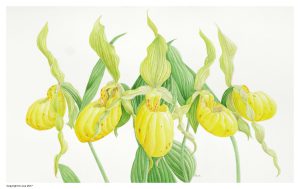Walking west on Market Street towards Philadelphia’s City Hall, my eye is drawn to the statue of William Penn perched atop the tower, watching over the city he founded. The bronze statue by Scottish-American sculptor Alexander Milne Calder looks small compared to the soaring skyscrapers around it, but when it was installed at the tower’s apex in 1894, the 11-metre tall, 24-ton Penn made city hall the tallest building in Philadelphia. It remains one of the city’s most prominent landmarks and, along with more than 250 other statues at City Hall (most of them by Calder), one of the city’s earliest examples of public art.
Today Philadelphia has one of the largest public art collections in the United States thanks to organizations such as the Association for Public Art, which since 1872 has been dedicated to preserving, commissioning and interpreting free art in the city, and the City of Philadelphia Mural Arts Program, America’s largest public art program that commissions 50 to 100 public art projects in the city each year. There are thousands of sculptures, gardens, installations and murals throughout the city, and what better time to explore the popular Canadian tourist destination’s so-called “museum without walls” than this summer? Here are some of the many public art spots worth exploring.
Dream Garden
Housed in the lobby of an inconspicuous office building on Walnut Street across from Washington Square is the ethereal 4.5-metre by 15-metre Tiffany glass mosaic of Dream Garden, a painting by American artist and Philadelphia native Maxfield Parrish. The gorgeous mosaic comprised of 24 panels was commissioned Cyprus Curtis, publisher of The Saturday Evening Post formerly headquartered in the building, and has been on display since 1916.
associationforpublicart.org/artwork/the-dream-garden












